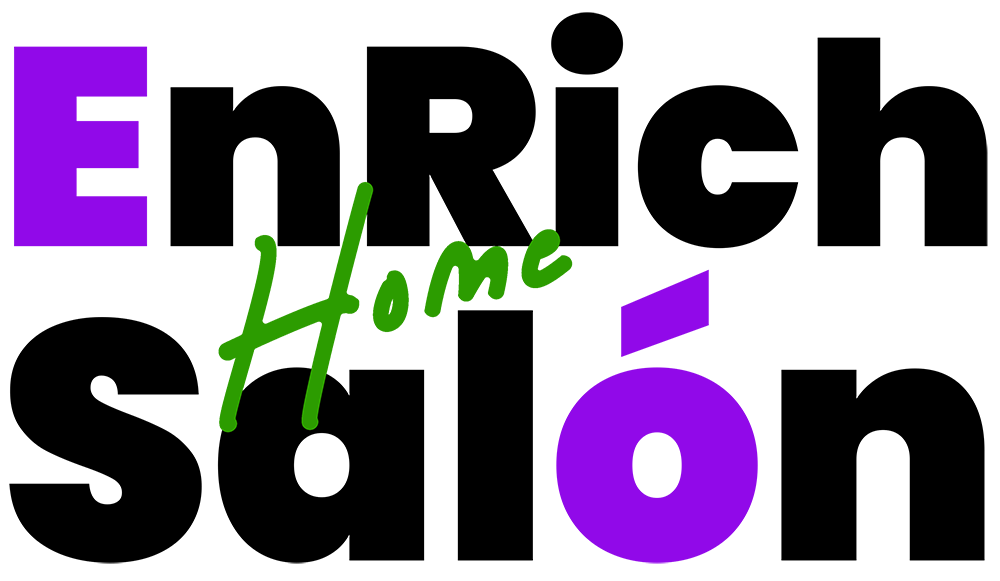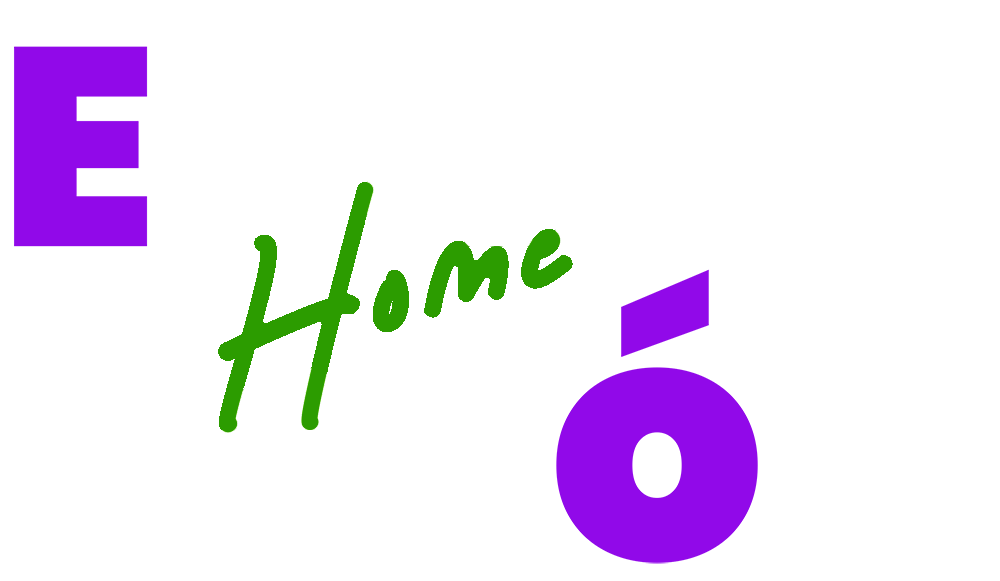Advice & Facts, Blog, Glam & Tresses
Top Home Remedies to Get Rid of Seasonal Dandruff: Effective Tips from Enrich Home Salon.
Struggling with Itchy, Flaky Scalp? Discover How to Combat Seasonal Dandruff
At Enrich Home Salon in Bhubaneswar, we understand how frustrating dandruff can be. Whether it’s extreme itchiness, dryness, or flakes on your scalp, dealing with dandruff can be uncomfortable and embarrassing. While many people experience this common condition, it’s important to know that dandruff is not caused by bacteria or a fungal disease, but can be managed with the right approach.
Understanding the Causes of Dandruff
Dandruff can be caused by various factors, including:
- Excessive Oil Production: Overproduction of oil on the scalp can lead to flakiness and itching.
- Diet and Lifestyle: Consumption of certain foods, like dry milk, or regular hot showers can contribute to dryness.
- Genetics: Sometimes dandruff can run in the family.
- Seasonal Changes: Cold weather can exacerbate dryness and dandruff.
Effective Home Remedies to Treat Dandruff
-
Coconut Oil
- Benefits: Hydrates the scalp and prevents dryness.
- How to Use: Massage your scalp with coconut oil 2-3 times a week to reduce flakiness and itching.
-
Tea Tree Oil
- Benefits: Known for its anti-inflammatory and anti-fungal properties.
- How to Use: Mix a few drops of tea tree oil with a carrier oil (like olive oil) and massage into your scalp. Leave for 20-30 minutes, then rinse with warm water.
-
Aloe Vera
- Benefits: Soothes the scalp with its anti-inflammatory, antibacterial, and antifungal properties.
- How to Use: Apply aloe vera gel mixed with olive oil to your scalp weekly to reduce dandruff.
-
Apple Cider Vinegar
- Benefits: Helps shed dead skin cells from the scalp.
- How to Use: Add a few tablespoons to your shampoo or mix with hair oil, or spray directly onto your hair.
-
Baking Soda
- Benefits: Offers antifungal properties to fight dandruff.
- How to Use: Massage baking soda into wet hair and rinse with warm water.
-
Yogurt and Honey
- Benefits: Provides deep moisturization and hydration.
- How to Use: Mix a teaspoon of honey with a bowl of yogurt. Apply this mixture to your scalp 3 times a week to relieve dryness and itching.
Preventing Dandruff
- Shampoo Regularly: Increase the frequency of washing your hair to manage dandruff.
- Maintain Scalp Hygiene: Regular oiling can help if your scalp dries out quickly.
- Lifestyle Adjustments: Identify and avoid triggers such as certain foods or harsh hair products.
When to Seek Professional Help
For severe or persistent dandruff, consider consulting a dermatologist. They may prescribe specialized anti-dandruff shampoos or treatments, including steroids, to effectively manage your condition.
Conclusion
While dandruff may not be completely curable, it is manageable with the right techniques and remedies. Understanding the cause and using effective treatments can help you maintain a healthy scalp and reduce dandruff significantly.


